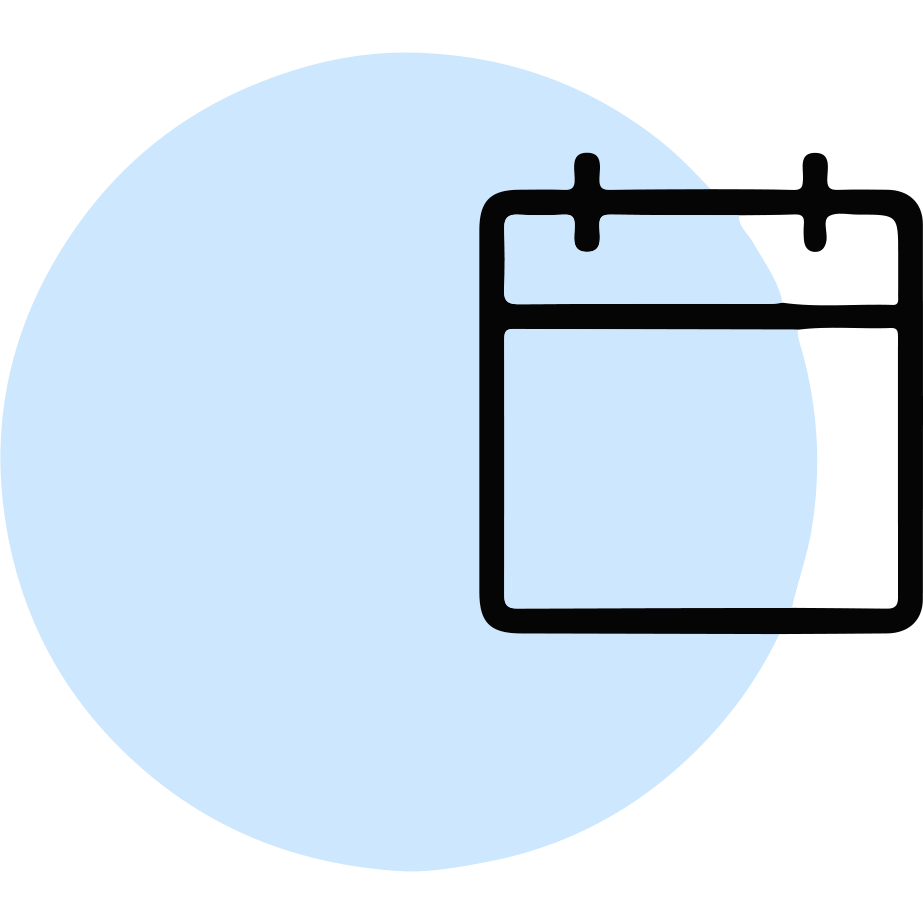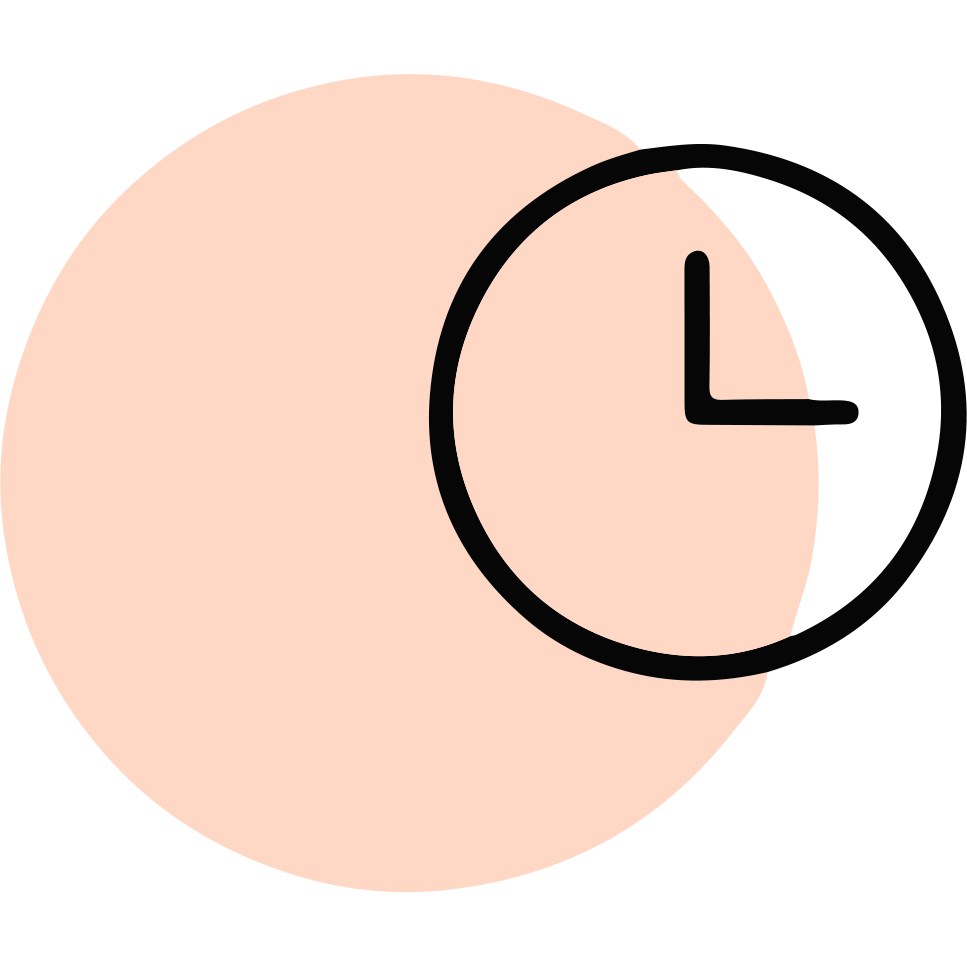Emergency Care
When someone has an emergency, it’s comforting to know that nationally recognized care and top-rated satisfaction is available right here at home. Our Emergency Departments (ED) at Marietta Memorial Hospital (designated as a Level III Trauma Center), Selby General Hospital, Sistersville General Hospital, and Belpre Medical Campus are designed to provide exceptional care.
Conditions We Treat
- Broken bones
- Chest pain
- Concussions
- Deep cuts or wounds that won’t stop bleeding
- Difficulty breathing
- Fainting
- Head injuries
- Heart attack
- Heart palpitations
- Ingestion of poisons
- Seizures
- Severe burns
- Shock
- Signs of a stroke
- Snake bites
- Sudden or severe back pain
Services We Offer
- Central line insertion
- Chest tubes
- Heart attack treatment
- Imaging services, such as X-Ray or ultrasound
- Intubations
- Laceration repair
- Lumbar puncture
- Stroke treatment
Pediatric Emergency Department
We are proud to be the region’s only Pediatric Emergency Department, in partnership with Akron Children’s, for specialized pediatric care for anyone 18 years of age and younger.
Hours
Monday – Sunday; 2 p.m. – Midnight
To help determine whether someone should visit the Emergency Department or a Physicians Care Express (Urgent Care) location, please see the Patient Resources section on this page below.
Conditions We Treat
- Allergic reaction – trouble breathing, swallowing, and facial swelling
- Broken bones
- Cast problems – wet or soiled
- Deep cuts or wounds that won’t stop bleeding
- Electrical injuries
- Fever – child under three months
- Head injuries
- Heat-related illnesses
- Migraine headache
- Poisoning or swallowed objects
- Rash with purple spots or bruising
- Seizures, shock, or fainting
- Severe burns
- Trouble breathing or swallowing
Why Choose Us
Every Minute Counts: Treating Heart Conditions Quickly
Our specially trained cardiologists and vascular surgeons use catheter-based procedures to diagnose and treat heart disease, vascular disease, and valve disease in our two cardiac catheterization (cath) labs. Our cath lab fully functions 24 hours a day, seven days a week, so patients can be treated immediately in an emergency.
Bringing Our Stroke Experts to You
When an individual is experiencing a stroke, quick and effective treatment is the best hope for survival and recovery. Our telestroke technology connects immediately from our Belpre Medical Campus and Marietta Memorial Hospital Campus EDs to stroke experts at OhioHealth when necessary. Using high-resolution TV monitors and cameras, a stroke specialist has a virtual presence at our patient’s bedside.
Award-Winning Care at Four Convenient Locations
When it comes to our patients’ care, we are leaders in patient satisfaction, with our Belpre emergency team continuously in the top 10% in the nation. Know that no matter which of our four emergency rooms our patients choose, they will have access to our expert care within minutes with the level of expertise and compassionate care they’ve come to expect.
Coordinated Care with Specialty Providers
Patients will receive immediate access to our emergency providers and team members who collaborate directly, when needed, with our specialty services including surgery, orthopedics, neurology, neurosurgery, cardiology, and internal medicine. When there is a major trauma and our experts need additional support, patients will be quickly transported to one of our outlying Level I or Level II trauma centers.
Patient Resources
Emergency Department or Physicians Care Express?
It can sometimes be confusing when it comes to determining whether a medical incident warrants a trip to the Emergency Department or to an urgent care location. To help determine if a trip to one of our Physicians Care Express locations is the right choice, please consider the following:
What is an emergency?
An emergency is defined as a serious medical condition or symptom caused by an injury or sickness, or mental illness, which arises suddenly and requires immediate care and treatment to avoid death or disability. This can be a difficult decision to make, especially when things are happening quickly, which is why we have put together the list below to help guide your decision.
Conditions Treated at Physicians Care Express
- Allergic reactions
- Asthma attacks
- Breaks
- Bronchitis
- Burns
- Colds
- Cuts
- Ear irrigation
- Flu
- General illness and injury
- Muscle strains
- Physicals
- Pneumonia
- Removal of stitches
- Respiratory (nebulizer) treatments
- Sprains
- Viral illness
If you think you are having a medical emergency, call 911 immediately.
To learn more about our Physicians Care Express services and locations, visit our Physicians Care Express page on our website.
Locations
-
1106 Colegate Drive
Marietta, Ohio -
401 Matthew Street
Marietta, Ohio -
799 Farson Street
Belpre, Ohio -
799 Farson Street, Suite 101
Belpre, Ohio -
314 South Wells Street
Sistersville, West Virginia


 (740) 568-2000
(740) 568-2000 Get Directions
Get Directions




